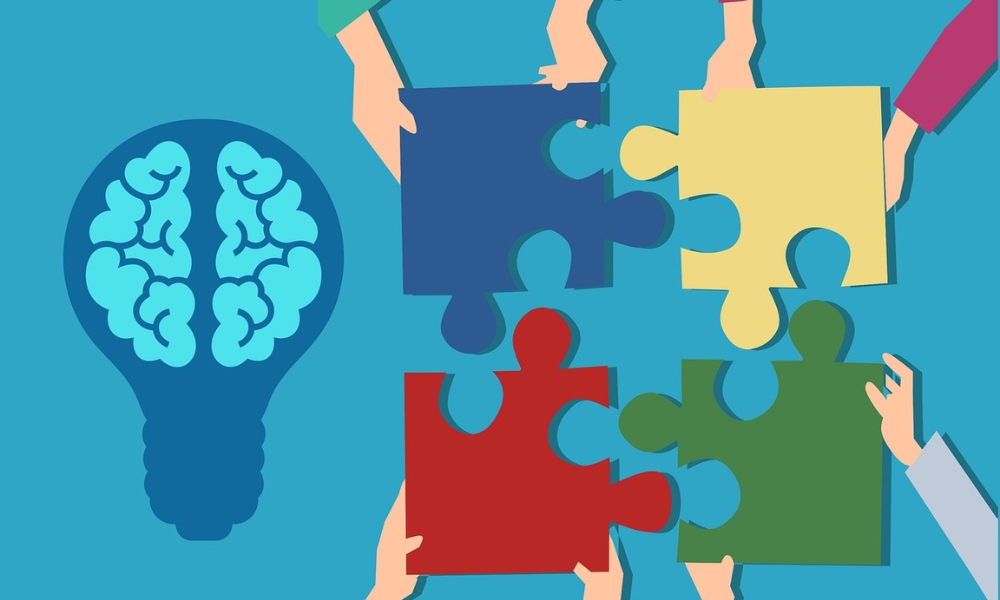We’re communicating any time we transfer information from one place to another via voice, written words, visuals, or non-verbal gestures. And we use our communication skills in a variety of ways in our personal and professional lives, in conversations, emails and written documents, presentations, and visuals like graphics or charts.
Communication skills are essential, especially in the workplace, because they can:
- Improve your relationships with your manager and coworkers
- Build connections with customers
- Help you convey your point quickly and clearly
- Enhance your professional image
- Encourage active listening and open-mindedness
- Help advance your career
4 types of communication
Becoming a better communicator often means focusing on improving in each of the four main areas of communication. This means focusing on listening skills and non-verbal communication, practicing emotional awareness, building empathy and professionalism, and developing questioning skills. Let’s take a closer look at each area.
1. Listening skills
To communicate well, you need to listen. Give a person your full attention, hear what they’re saying verbally and non-verbally, and consider their thoughts. As an active listener, you can develop strategies that help you ask follow-up questions and gain clarity on someone’s thoughts.
2. Non-verbal communication
The message a person communicates isn’t just spoken. It’s non-verbal too. To improve communication, you need to pay attention to your and the other person’s body language, tone of voice, eye contact, posture, and facial expressions. Verbal communication and body language must be in sync to convey a message clearly.
3. Emotional awareness
Improving communication means working toward emotional intelligence, or a keen understanding of your emotions and the emotions of those around you. You need to identify emotional situations, be aware of your feelings, show empathy, and keep your feelings in check.
4. Questioning skills
To create a two-way flow of communication, it’s important to develop questioning skills. When communicating with someone, ask succinct questions that can clarify the conversation’s main points.







